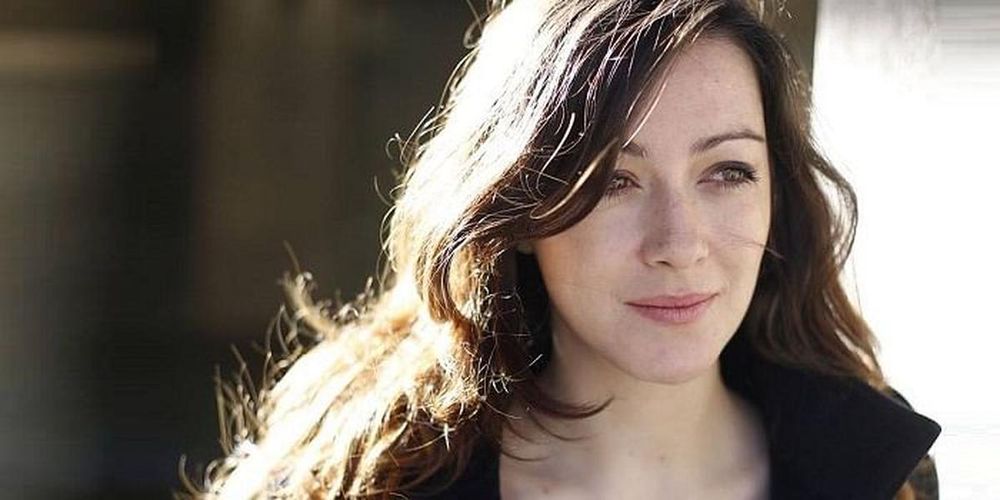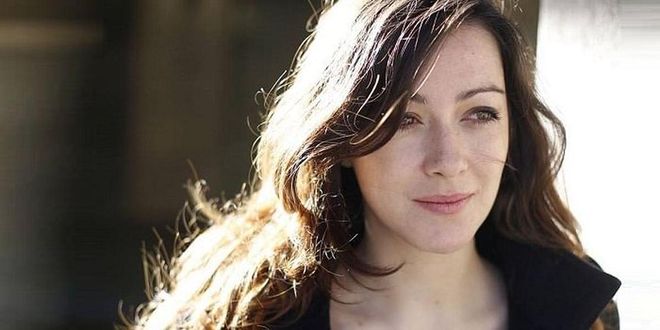Luz Rello Is Changing The Realm Of Dyslexia Treatment Through Artificial Intelligence
We interview the founder of Change Dyslexia and Cartier Women's Initiative Awards finalist


Photo: Facebook
Luz Rello
Leading up to the Cartier Women’s Initiative Awards in Singapore this Thursday, Dana Koh speaks to finalist Luz Rello, founder of Change Dyslexia on how artificial intelligence can screen and support dyslexia; how Change Dyslexia has reached 100,000 children across the globe; and how being able to sit back and observe before reacting is one of the most important business lessons to learn.
Can you share more about your growing up years and how that led you to this career path?
I have dyslexia myself, with a lot of effort I overcame it and when I started the user studies of my PhD in Computer Science I realised that my story did not ended years ago… There were still many children out there who were suffering unnecessarily. That is when I decided to do research with the goal of integrating the results in scalable tools for dyslexia: Screening and treatment.
How has this entrepreneurial journey taught you more about yourself?
It taught me my limits, my physical and mental limits. For instance, I know how many planes I can take or how many days in a row I can stay fully alert and focus.
Can you talk us through the evolution of Change Dyslexia since its conception?
After seven years of research I founded Change Dyslexia (https://changedyslexia.org/) to integrate all the results in Dytective, a platform to screen dyslexia and stimulate cognitive skills. During the research we reach 300 volunteers for the evaluations of Dytective (evaluated with over 10,000 people in different countries). Right now we are a team of 5 people and 5 volunteers across the USA and different areas of Spain (Barcelona, Madrid and Alvacete).
Describe a typical day at work.
There is no typical day—maybe one day. Right now I am in Pittsburgh working on the research and remotely with the rest of the team, some are in Madrid (Spain) right now working in the longitudinal evaluation of the with some schools, and others are in Barcelona working on the development and the testing of the new product.
What are the greatest triumphs and most challenging aspects of your work?
The greatest triumphs were at the lab in the past years when we discovered that it was possible to screen and support dyslexia using machine learning (artificial intelligence) and computer games, it felt like discovering a vaccine. We proudly filed a patent at Carnegie Mellon University (Pittsburgh, USA).
Can you break down Change Dyslexia’s success in numbers?
The social impact of Change Dyslexia is global and measurable. Up to date 100,000 children in 43 different countries were able to access for the first time a scientifically validated screener for dyslexia in Spanish. Also we have already granted 250 scholarships to under-privileged families who to be able to use our treatment tool DytectiveU, empowering also the cognitive strengths, crucial to overcome dyslexia.
Beyond the numbers, how would you describe Change Dyslexia’s positive impact on the academic system today?
Almost every day we receive a letter from a parent or a child thanking us because they were able to access to a free and reliable test of dyslexia and affordable treatment support for Spanish. They share their personal story with us. Each of them is special. Each of them is different. That is priceless.
What’s next for Change Dyslexia?
During the first year we have learnt a lot from our users. In April 2018 we are launching an improved version of Dytective including test and treatment of dyslexia all in one tool (https://dytectiveu.org/). Medium term, the platform will be available in other languages.
What would you say are the golden rules to becoming a successful social entrepreneur today?
Do not lose the sustainability focus for the social focus only. Be open to collaborations, they are crucial.
What’s the best business lesson you’ve learned so far?
Observation. Sometimes doing nothing is the best solution. Not everything needs an urgent response to action.
Being an entrepreneur, especially one that’s online, is a 24/7 business. How do you achieve work-life balance?
Work-life balance is still a challenge since Change Dyslexia is still young and things move so quickly. I try to go out running as much as I can, it helps me to sleep well and keep the focus.
What keeps you inspired? And how do you normally kick start your day?
No yoga, no meditation. I start my day with lots of energy, the moment I open my eyes I jump out of bed and normally I am fully ready to start. I do not have a specific routine, depending on the day requirements I adapt, I believe the fact of not having a routine keeps me alert and fully productive. My team, our community and their children with dyslexia keep me inspired.
How has being part of the Cartier Women’s Initiative Awards help you so far, and how do you hope to benefit further from this experience going forward?
It helped me to demand more from myself and my team. I see being part of Cartier Women’s Initiative Awards as a responsibility with the people with dyslexia, to make our products better and have a greater global impact.
Related articles:
Cartier Honours 6 Inspiring Women At Its Women's Initiative Awards 2017
Winnie Harlow On Diversity In Fashion: "It's Like Shock Value, Or A Trend"
Diane Kruger, Carey Mulligan & Carolyn Murphy Party With Cartier